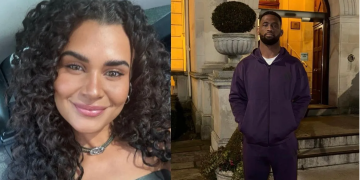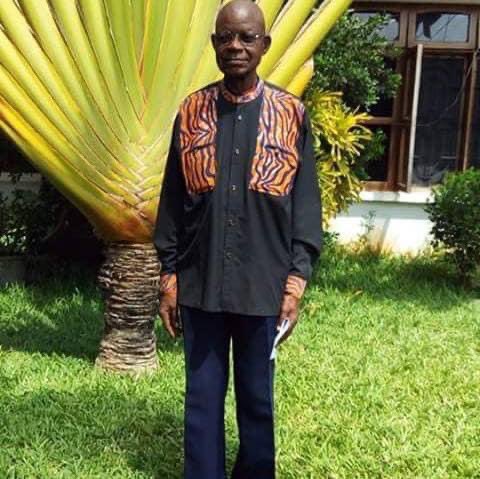Ernest Wamba Dia Wamba dies
He leaves behind a rich history of scholarly work and revolution. MDC Alliance President Nelson Chamisa was nicknamed Wamba after him.
Read: Gauteng MPL and ANC member Mapiti Matsena stabbed to death in his home
Upon graduation from secondary school, he was one of three students awarded scholarships by the African-American Institute to study in the United States.
During his period in the U.S., Wamba dia Wamba married an African-American woman and was involved in the Civil Rights Movement through the Student Nonviolent Coordinating Committee. Once the period of decolonization began in Africa, he joined the supporting committees of various US-based pan-Africanist movements.
In 1980, he accepted a position as Professor of History at the University of Dar es Salaam in Tanzania. While visiting his parents’ village in 1981, he was arrested by the government of Mobutu Sese-Seko for possessing a paper he had authored that was deemed ‘subversive’ and was detained for one year.
He continued his role as a prominent figure in both academia and political circles in Africa. He is the former President of the Council for the Development of Social Science Research in Africa (CODESRIA) as well as the founder and president of the Philosophy Club at the University of Dar es Salaam. He is an expert in the Palaver (politics) and other indigenous forms of African democracy. He participated in the Sovereign National Conference, held from 1990 through 1992 in Zaire. In 1997 he co-authored with Jacques Depelchin, the African Declaration Against Genocide.
In December 1997, Prof. Wamba was named a recipient of the Prince Claus Award for Culture and Development. The announcement of the award cited his “scholarly contribution to the development of African philosophy and for sparking off the philosophical debate on social and political themes in Africa.” At this time he also worked closely with Tanzanian President Julius Nyerere to end the Burundi Civil War.










